Managing sugar levels in expectant mother to deliver a healthy baby with IVF ICSI treatment

A young working couple walked into the Nova IVF Fertility centre in Bangalore, seeking fertility treatment. The woman was 27 years old and working for a multinational company and her husband 31 years old project manager in a software company.
Semen analysis and viral markers were carried out for the husband, and it showed low sperm quality. For the wife, necessary tests showed that she had high blood sugar levels greater than 300 mcg/ ml.
Treatment advise from the Nova specialists
As the husband’s sperm was of poor quality, this was an area impacting the chance of his sperm impregnating a healthy egg. Hence, the specialists advised IVF with ICSI.
For the wife, since her sugar was extremely high, the doctors suggested starting the IVF cycle only after her blood sugar levels were under control.
IVF Treatment Procedure
In Vitro Fertilisation (IVF) is a process where an egg gets fertilised by the sperm outside the body, in vitro. During IVF, a woman’s ovulatory process gets stimulated and monitored. Then the fertility specialist uses a small needle and extracts egg from the woman’s ovaries. These are subsequently mixed with sperm in a specialised lab environment to facilitate fertilisation outside the body. This process is carried out under the guidance and expert supervision of an embryologist.
Once fertilisation is achieved, the fertilised embryo(s) are placed directly into the uterus. If the embryo implants itself into the lining of the uterus, it results in a successful pregnancy.
IVF is a treatment of choice when the couple has failed to conceive naturally, due to female factor or due to male factor issues.
ICSI Procedure
Intracytoplasmic Sperm Injection or ICSI is a superior micromanipulation in vitro technique used in assisted reproductive technology.
ICSI is primarily used to address male factor issues such as quality or motility issues resulting in infertility. Low sperm motility indicates that the sperm finds it difficult to move toward the egg, and this can lead to fertility problems. In ICSI a single sperm cell is directly injected into the cytoplasm of an egg by the embryologist using advanced reproductive techniques and instruments, bypassing the stage where the sperm must naturally penetrate the egg. Hence this is a treatment of choice for male fertility issues due to decreased sperm count or in case of sperm motility issues.
Diabetes & its impact on fertility & foetus
For women with diabetes issues, the chance of having a baby may get impacted as diabetes can result in irregular or absent menstrual cycle. If such women do conceive, there is a very high risk of gestational diabetes. Most women with gestational diabetes may deliver healthy babies if diabetes is managed. However, if gestational diabetes is not well managed, it may lead to uncontrolled blood sugar levels and cause problems.
Gestational diabetes complications affecting the baby
Gestational diabetes may lead to an increase the following risks:
- Excessive birth weight– Extra glucose from the mother’s bloodstream crosses the placenta and causes increased insulin production in the baby’s pancreas resulting in the baby to grow too large. Such large babies may sustain birth injuries as the birth canal may prove to be small for them, and hence, they may require a C-section birth.
- Pre-term birth and respiratory distress syndrome– Increased maternal blood sugar may increase the risk of early labour, and pre-term delivery or sometimes, the doctor may recommend early delivery to prevent any more weight gain. However, as they are pre-term, their lungs remain weak and such babies need assistance in breathing until their lungs mature and become stronger.
Even full-term babies of mothers with gestational diabetes can experience respiratory distress.
- Hypoglycemia or low blood sugar – The baby may develop hypoglycemia shortly after birth, because their body insulin production is high. Severe episodes of hypoglycemia may provoke seizures in the baby and prompt feedings, and sometimes IV glucose solution is required to help the baby’s blood sugar to become normal.
- Type 2 diabetes – The baby might have an increased risk of developing Type 2 diabetes and obesity later in life.
Complications impacting mothers that may have gestational diabetes
Gestational diabetes may increase the following risks to the mother
- High blood pressure and preeclampsia – Gestational diabetes raises blood pressure and may result in preeclampsia. It is a severe complication causing high blood pressure and other symptoms that can threaten the lives of both mother and baby.
- Future diabetes– For a mother with gestational diabetes, the likelihood of developing gestational diabetes is high in a future pregnancy. There is an increased risk of type 2 diabetes with age.
Fertility Treatment at Nova
The patient was advised for a consultation with an endocrinologist and was given anti-diabetic medications. After 2 months of treatment, her blood sugar was in control and the fertility specialists at Nova administered IVF carrying out fertilisation with ICSI, and the patient conceived successfully.
 Infertility Counselling
Infertility Counselling Female Infertility Treatment
Female Infertility Treatment Andrology Treatment
Andrology Treatment Fertility Enhancing Surgeries - Female
Fertility Enhancing Surgeries - Female Fertility Enhancing Surgeries - Male
Fertility Enhancing Surgeries - Male Endoscopy Treatment
Endoscopy Treatment IUI Treatment
IUI Treatment IVF Treatment
IVF Treatment ICSI Treatment
ICSI Treatment Advanced IVF Solutions
Advanced IVF Solutions Embryology
Embryology Vitrification Egg, Embryo, Sperm Freezing
Vitrification Egg, Embryo, Sperm Freezing Preimplantation Genetic Testing (PGT)
Preimplantation Genetic Testing (PGT) Donation Program Embryo / Egg / Sperm
Donation Program Embryo / Egg / Sperm Self-cycleTM IVF
Self-cycleTM IVF

 Self-cycleTM IVF
Self-cycleTM IVF


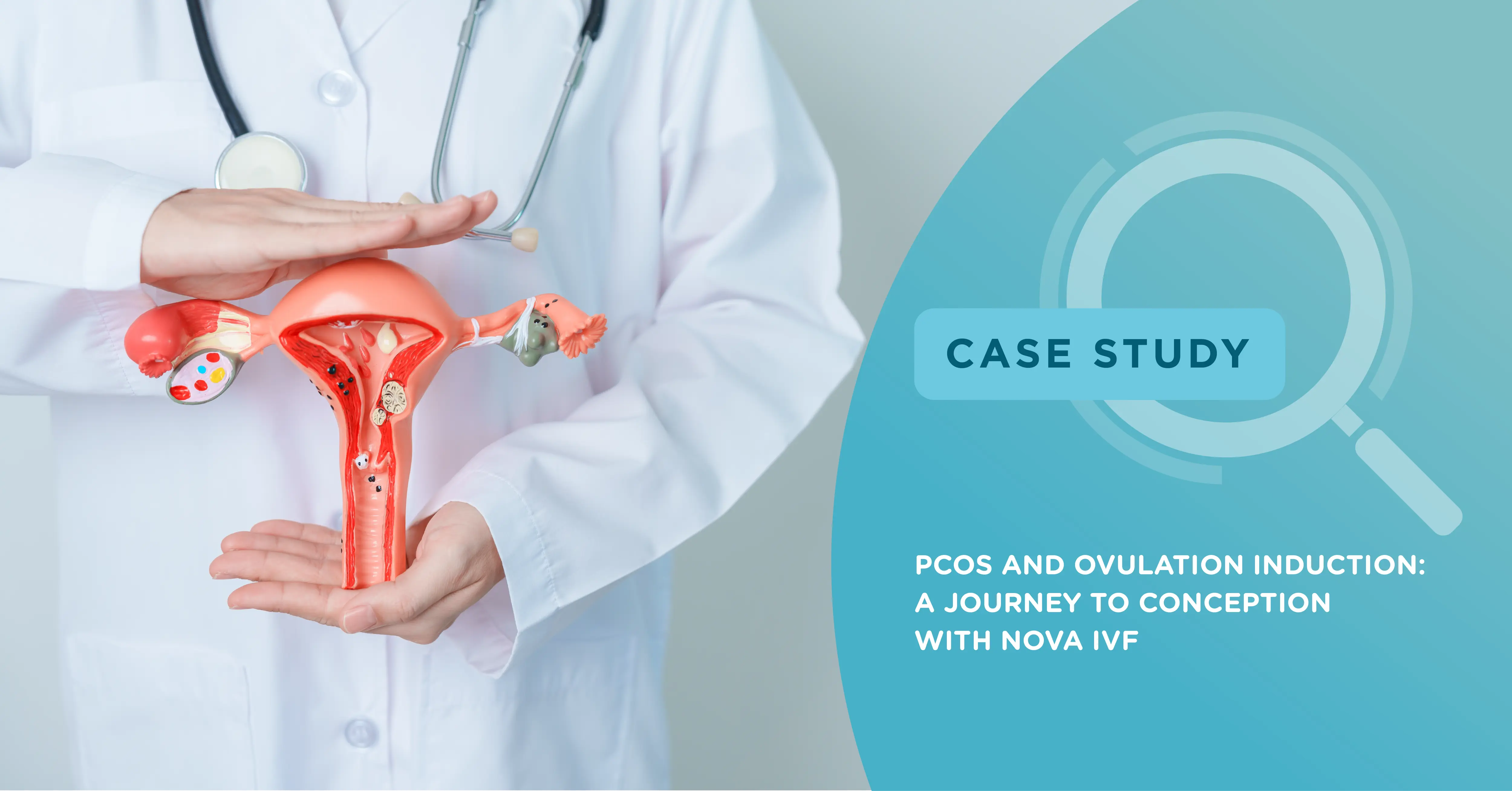
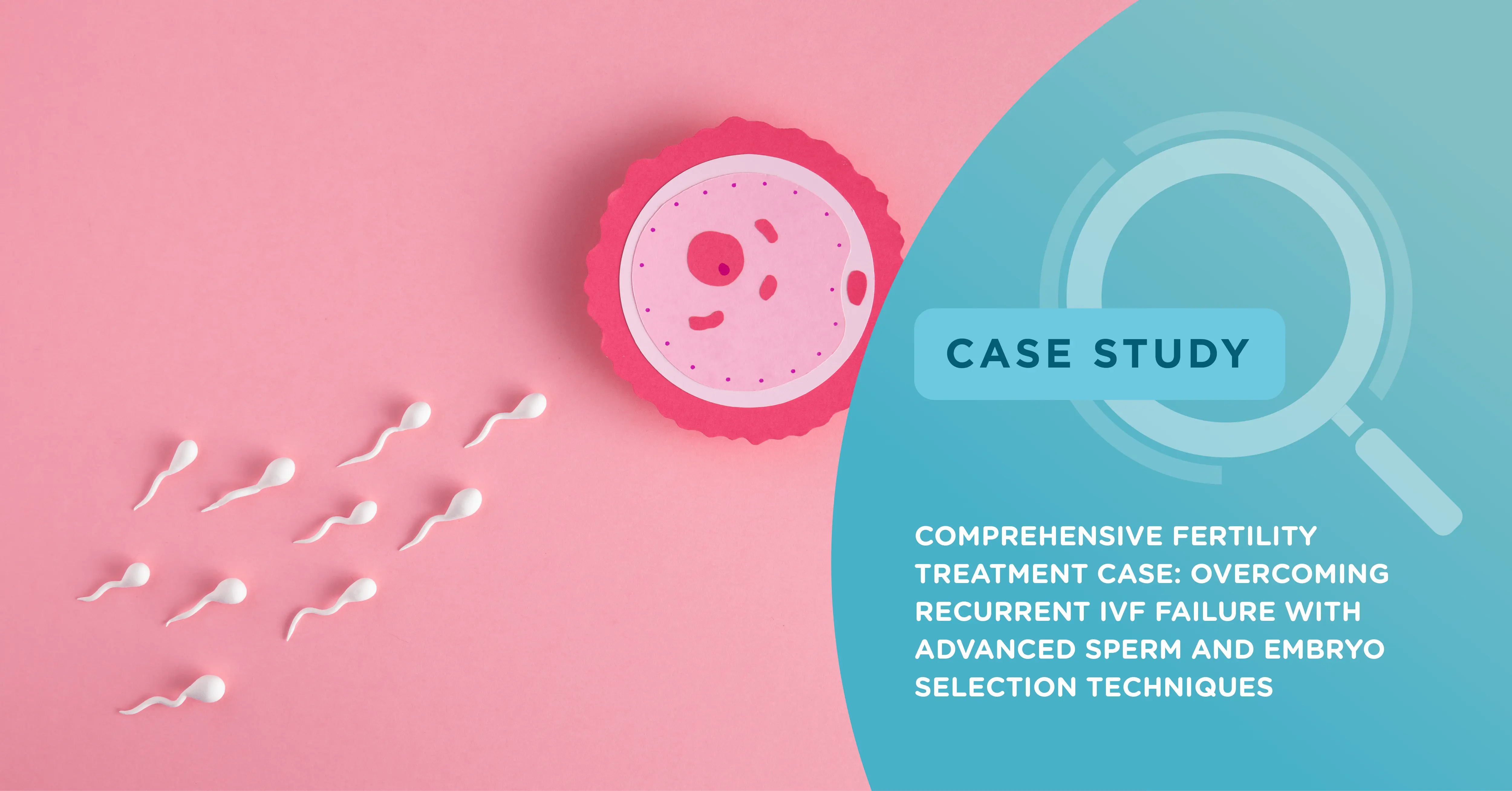
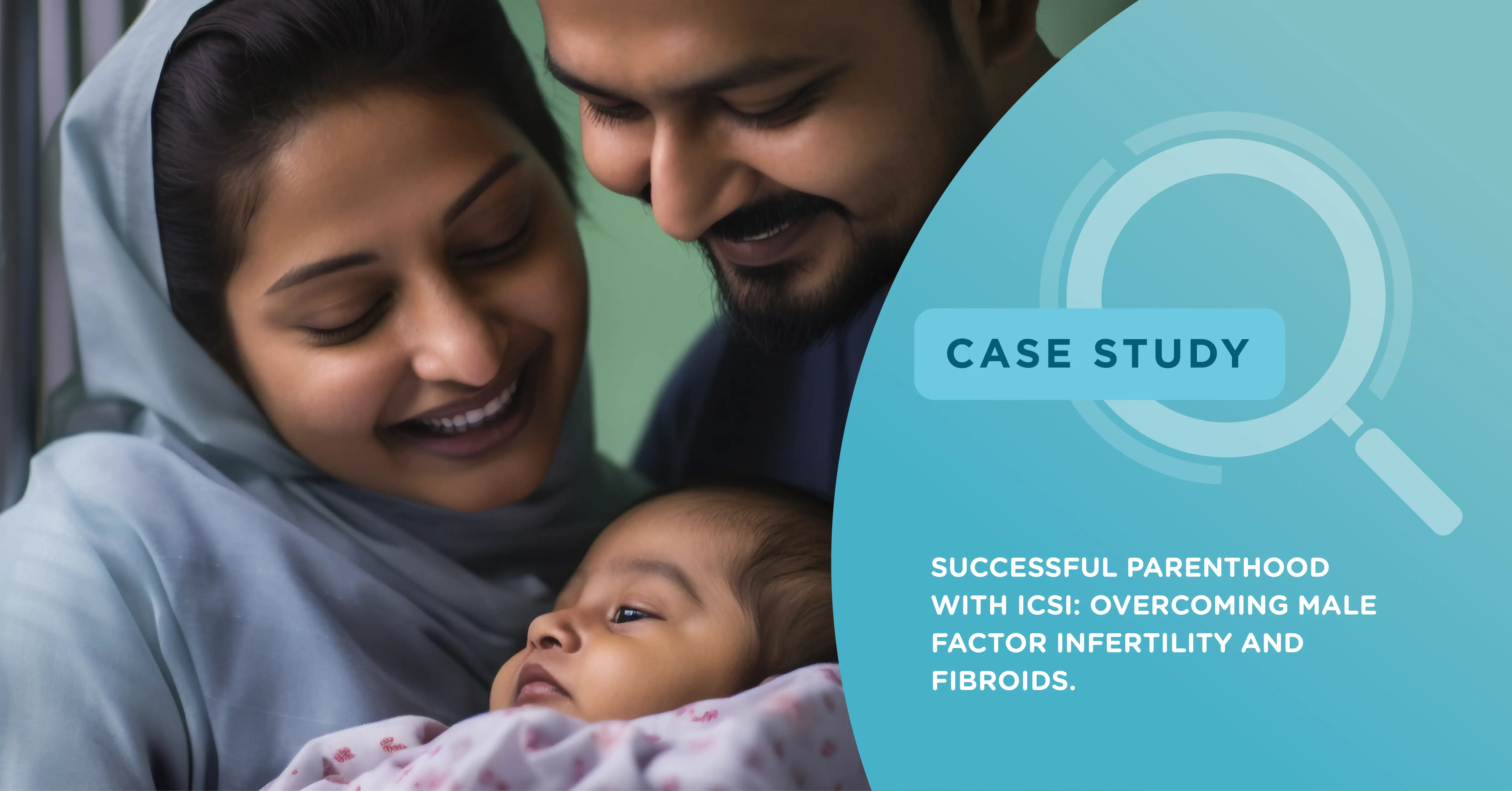
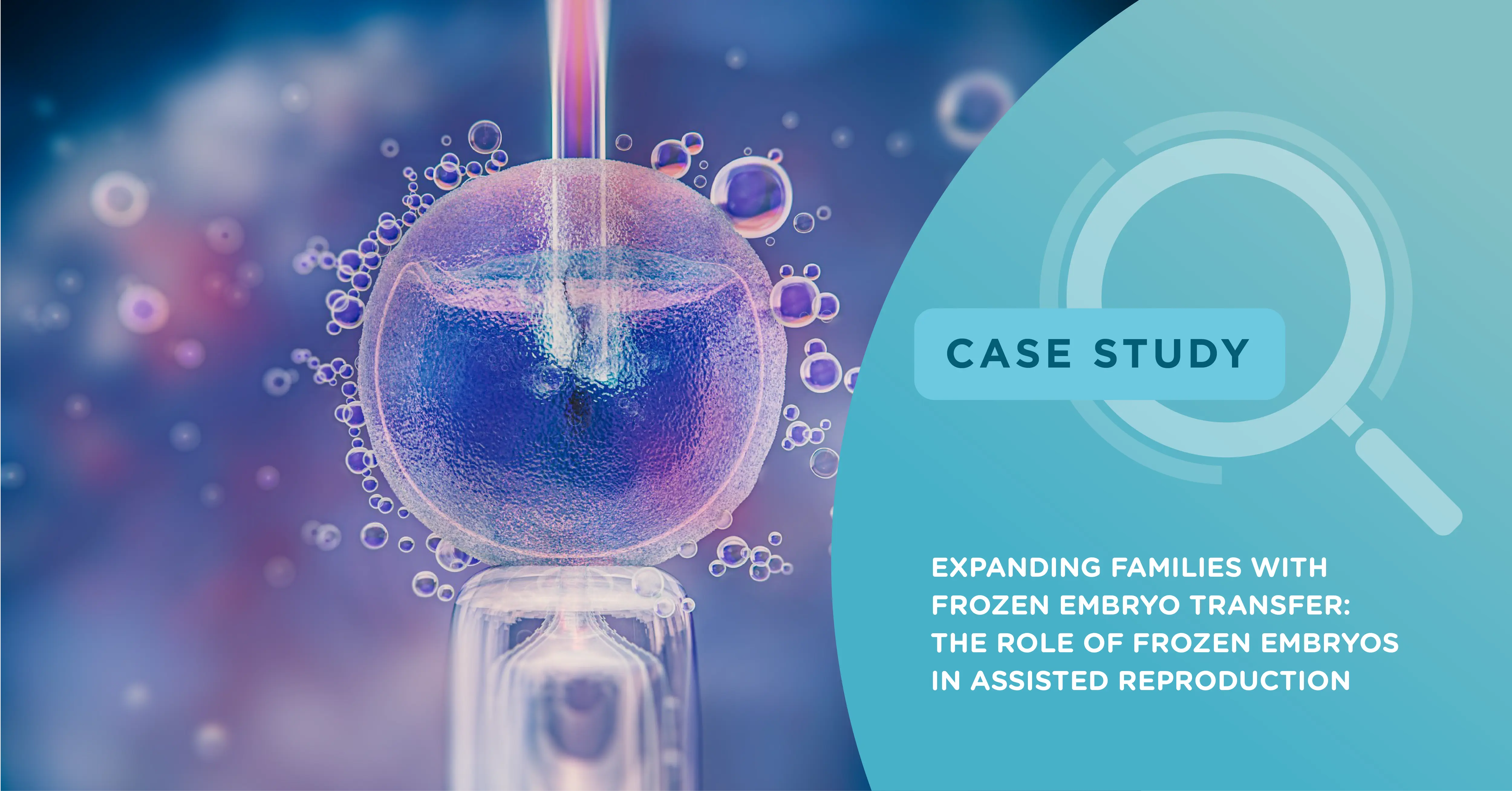

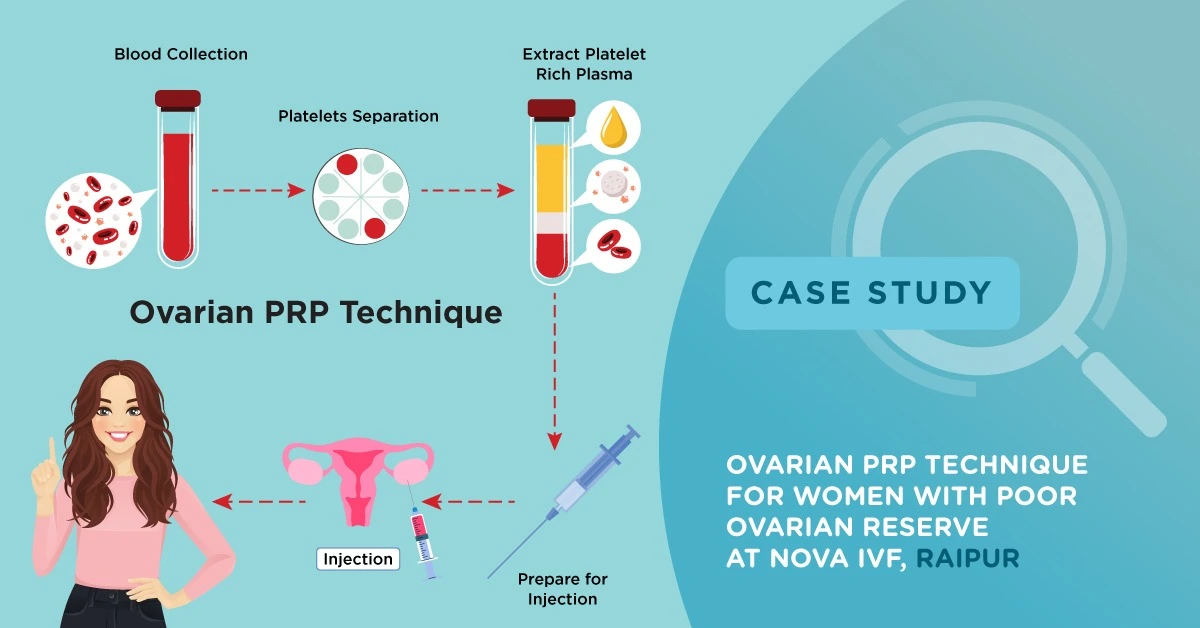
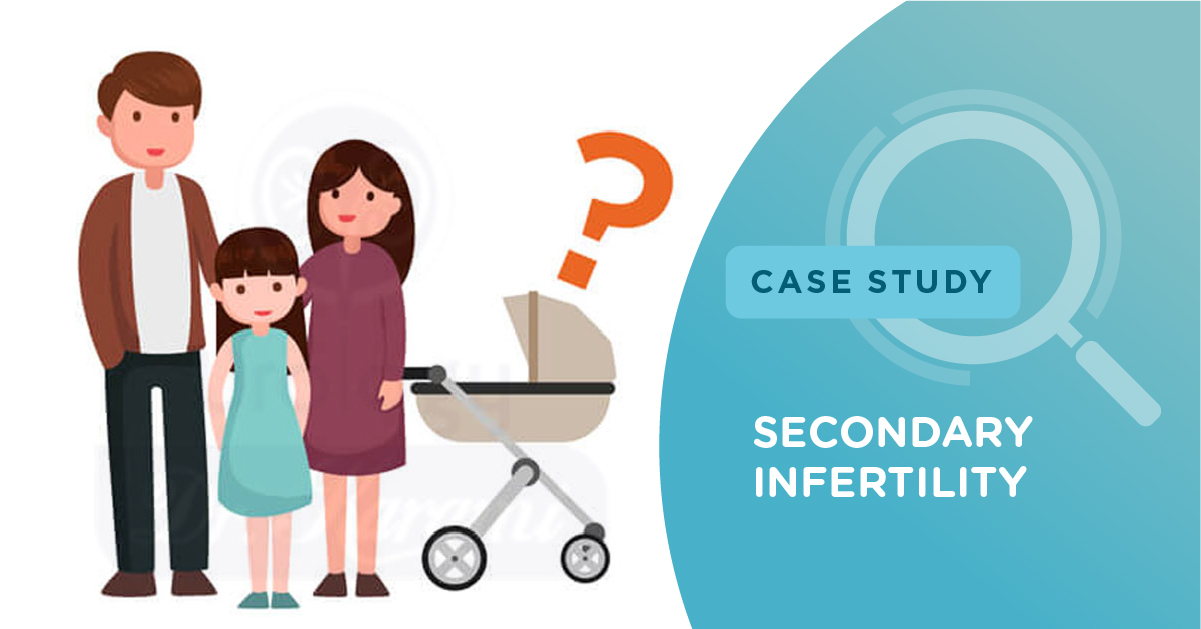
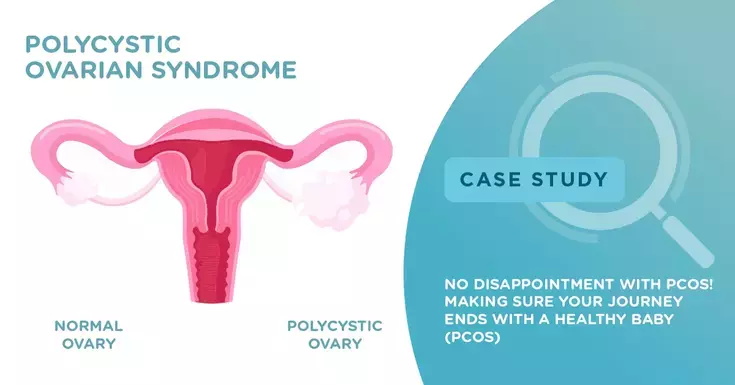






Add new comment